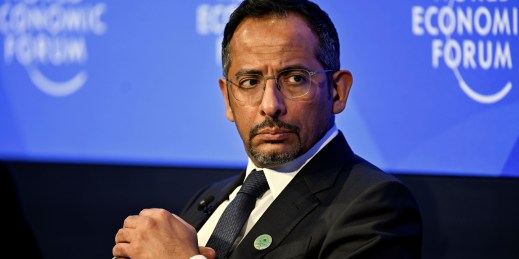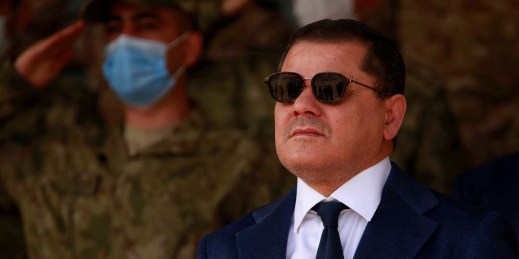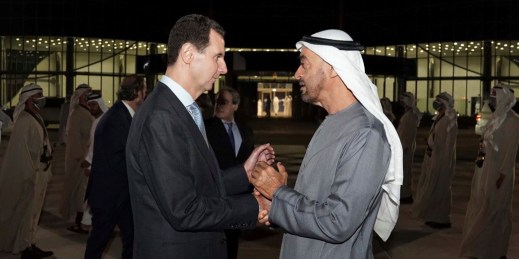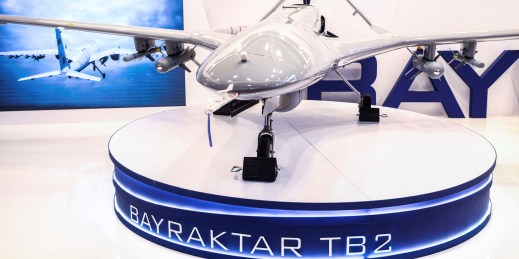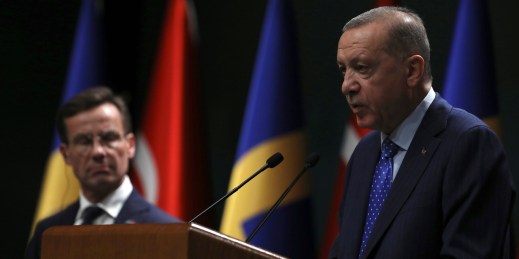
A diplomatic row between Sweden and Turkey escalated this week. Turkish President Recep Tayyip Erdogan warned Sweden that it should not expect Ankara’s backing to join NATO, after protesters burned the Quran outside the Turkish Embassy in Stockholm last week. Now, NATO officials are scrambling to defuse the tensions.

